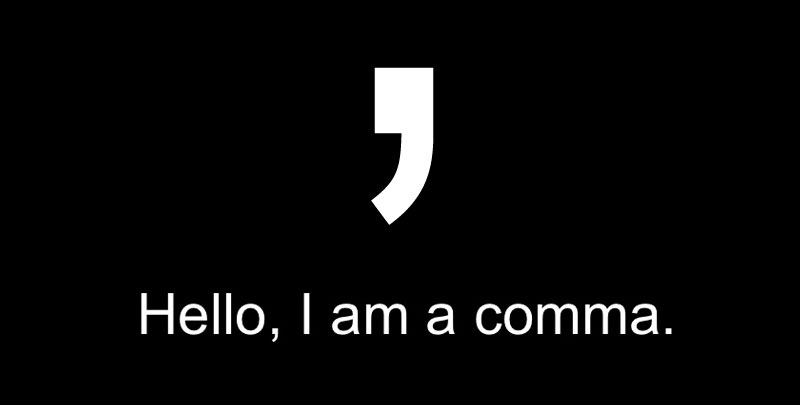
Some people might well think that it's super-boring - and fair play to them - but proof reading / proof-reading / proofreading (take your pick, as the experts disagree) should perhaps be an essential part of the design, artwork and production processes. Even more so in the healthcare sector, where data must be spot-on for accuracy, and attention paid to justifying product claims to an every-vigilant HCP readership. Claims must be backed up with reference to clinical trials, published peer-reviewed data, medical papers or articles, and poster presentations.
"It's never too late for a reprint," is The First Rule Of Advertising. Well, it used to be, until digital came along. Now, it's never too late for a re-key and re-upload.
I'm probably on a hiding to nothing with this, as all eyes will be focused / focussed (both are OK) on this blog, looking for grammatical and punctuation errors. OK (or okay, but I prefer OK), throw in a dash of syntax, too. However, I'm going for a 'chatty, more personal' style, which means I can almost get away with anything. Including improper sentences. Like that one.
A course that I attended a good few years ago put forward this little analogy: "Imagine the best goalkeeper in the world. He will save thousands of goals in his playing lifetime. But there are bound to be a few that will get through. It happens. Don't beat yourself up about it if you let 3 goals / errors in, out of 15,000 shots / words."
That doesn't mean that I laugh like a drain when a mini-error slips through the net (or into the net, if we're sticking with the goalkeeper thing), but I try my best to not stay up all night fretting. My health might suffer! Having said that, those mini-error occasions will, with a small amount of luck, be few and far between.
Why is all this checking worth doing for your company? Well, some (not all) people will judge a healthcare company by its website, printed literature or POS display. In a medical context, this applies all the more. Some (not all) people will not be at all impressed if they find logicality (yes, it's in the dictionary), grammar and spelling errors in your company literature or online presence. They might perhaps think "Should I place my trust in a healthcare company that doesn't bother to check its own work? If they aren't paying attention to that, will I encounter any problems with their healthcare products or services?" Copy should be checked and double-checked; then given one final check by client, writer, agency and - perhaps most of all - 'Legal'.
Yes, a few people judge a book, medical report, pharmaceutical carton or sales literature by its cover. But it's the cover that creates that first impression. Why not create a good impression from the outset? I haven't got the space here to continue with that line of thought, but I hope you know what I mean.
By the way... despite having 3 massive dictionaries, 2 of which keep my monitor at eye level for Health & Safety reasons - we're big on H&S at Foundry Healthcare - I'm an ardent fan of The Oxford Dictionary - and they go for 'proof-reading'. With a hyphen.
So, while Foundry Healthcare's biggest challenge is that 'big idea' or creative concept for our clients' healthcare communications, it's important in this sector to also have a very vigilant eye for detail. Like all good HCPs.




